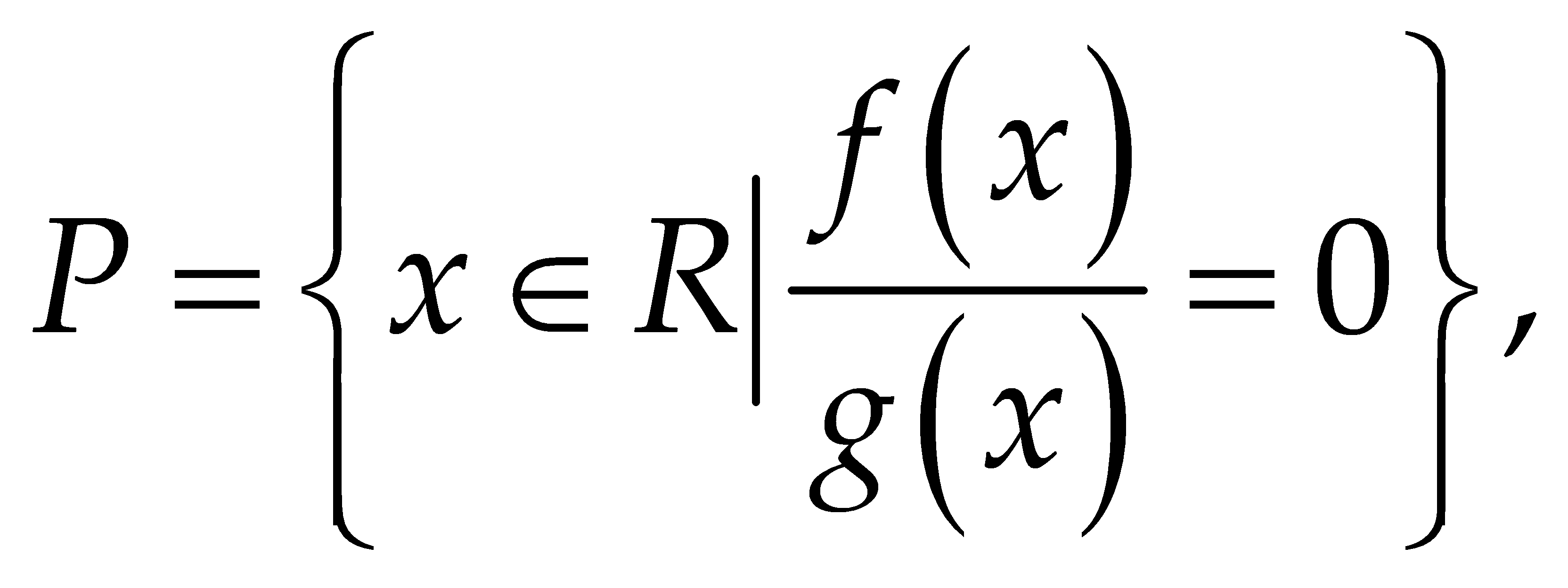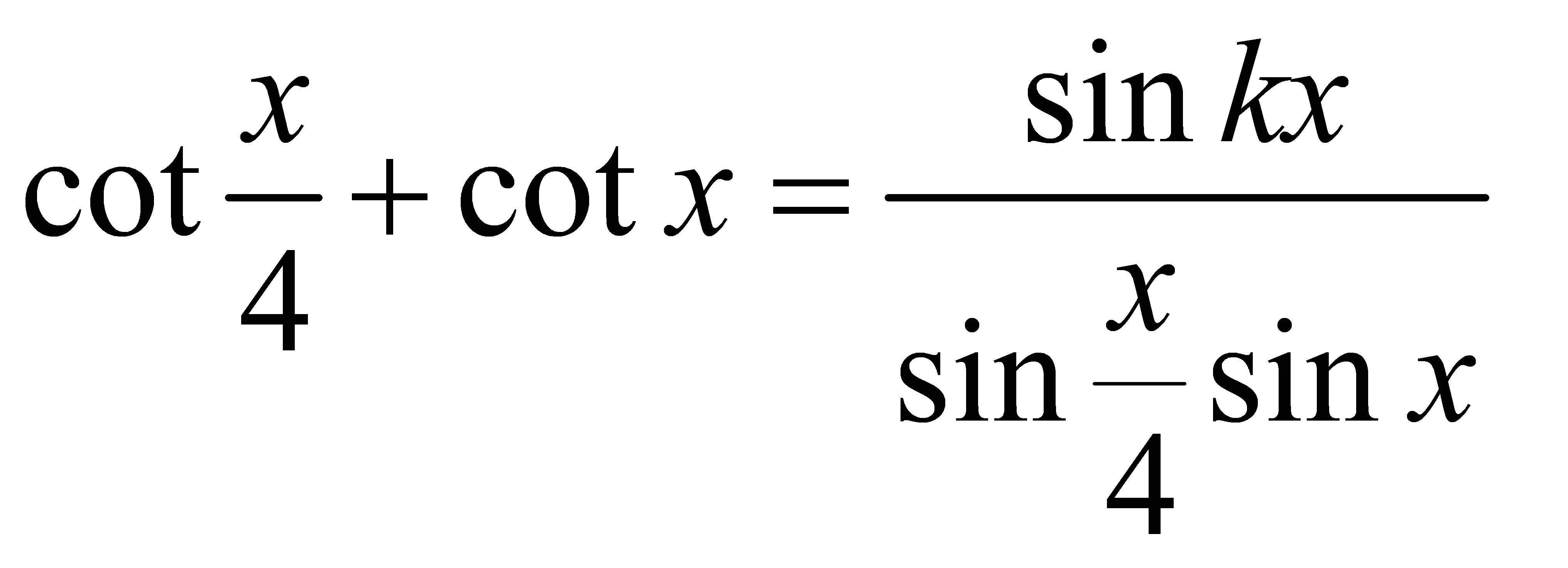Question 22: The word "all-inclusive" in the passage mostly means __________________
It is commonly believed that school is where people go to get an education. Nevertheless, it has been said that today children interrupt their education to go to school. The difference between schooling and education implied by this remark is important. Education is much more open-ended and all-inclusive than schooling. Education knows no limits. It can take place anywhere, whether in the shower or on the job, whether in the kitchen or on a tractor. It includes both the formal learning that takes place in school and the whole universe of informal learning. The agent (doer) of education can vary from respected grandparents to the people arguing about politics on the radio, from a child to a famous scientist. Whereas schooling has a certain predictability, education quite often produces surprises. A chance conversation with a stranger may lead a person to discover how little is known of other religions. People receive education from infancy on. Education, then, is a very broad, inclusive term. It is a lifelong process, a process that starts long before the start of school, and one that should be an integral part of one's entire life. Schooling, on the other hand, is a specific, formalized process, whose general pattern varies little from one setting to the next. Throughout a country, children arrive at school at approximately the same time, take assigned seats, are taught by an adult, use similar textbooks, do homework, take exams, and so on. The slices of reality that are to be learned, whether they are the alphabet or an understanding of the workings of government, have usually been limited by the boundaries of the subject being taught. For example, high school students know that they are not likely to find out in their classes the truth about political problems in their communities or what the newest filmmakers are experimenting with. There are definite conditions surrounding the formalized process of schooling.
A: including everything or everyone
B: going in many directions
C: involving many school subjects
D: allowing no exceptions
Đáp án A
Từ all- inclusive trong bài đọc gần như có nghĩa là……………. A. bao gồm mọi người hoặc mọi vật B. đi theo nhều hướng C. bao gồm nhiều môn học D. không cho phép có ngoại lệ. All-inclusive: bao gồm tất cả. Dịch câu: Education is much more open-ended and all-inclusive than schooling.( Giáo dục không có giới hạn và bao gồm tất cả nhiều hơn việc đi học)

 khẳng định nào sau đây đúng?
khẳng định nào sau đây đúng? 
 với mọi x để các biểu thức có nghĩa. Lúc đó giá trị của k là
với mọi x để các biểu thức có nghĩa. Lúc đó giá trị của k là